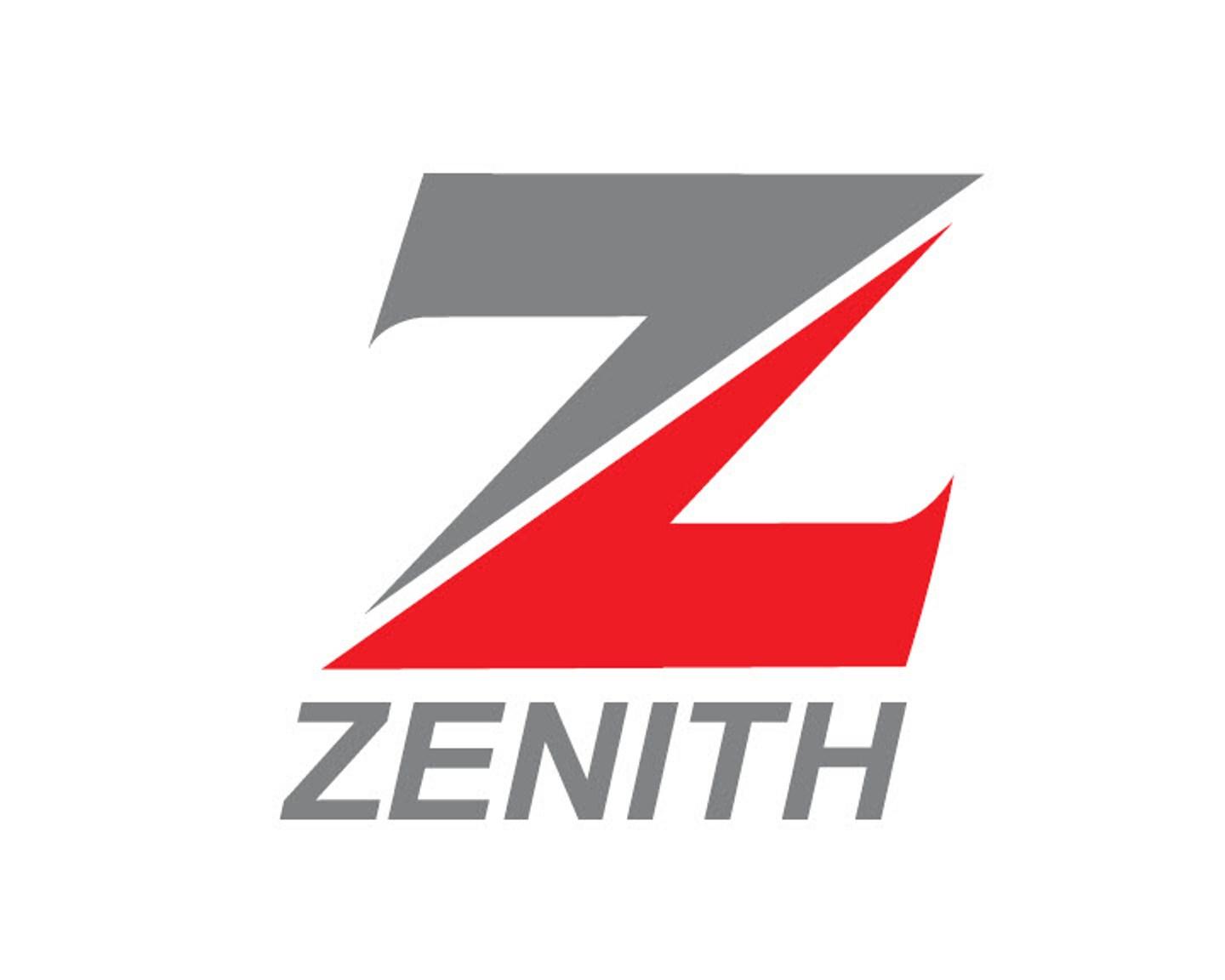
The Central Bank of Nigeria (CBN) has introduced new regulations requiring all Payment Service Providers to channel transactions from Point of Sale (PoS) terminals through approved, licensed Payment Terminal Service Aggregators (PTSA).
This move is part of the CBN’s strategy to improve the monitoring and decentralization of electronic transactions across the country. By doing so, the bank aims to address issues related to the centralization of PoS transaction routing, ensuring a more secure and efficient payment system.
On Thursday, Oladimeji Yisa Taiwo from the CBN’s Payments System Management Department released a circular announcing that all service providers have 30 days to comply with the new routing guidelines. This means that within a month, all PoS transactions from both merchant and agent locations must be processed through a PTSA licensed by the CBN.
The circular emphasized the importance of tracking electronic transactions in Nigeria. It referenced a previous decision made in August 2011, when the CBN granted a PTSA license to the Nigeria Interbank Settlement System Plc. Building on that foundation, the CBN now mandates that all transactions from physical and electronic PoS terminals go through any CBN-licensed PTSA.
Furthermore, the directive specifies that PTSA providers must send PoS transactions only to processors that are certified by the relevant Payment Scheme, nominated by the Acquirer, and licensed by the CBN. This ensures that all parties involved in the transaction process meet the stringent standards set by the central bank, enhancing the overall security and reliability of electronic payments.
This new policy comes shortly after the September 5 deadline, by which PoS agents were required to officially register their businesses with the Corporate Affairs Commission (CAC). The alignment of these deadlines underscores the CBN’s commitment to streamlining and regulating the payment ecosystem in Nigeria.
For businesses and consumers, this change means a more regulated and transparent payment environment. By routing transactions through licensed aggregators, the CBN aims to reduce fraud, improve transaction tracking, and foster a more competitive market among payment service providers.
Service providers must act quickly to comply with the new regulations to avoid any disruptions in their transaction processing capabilities. The CBN’s directive is a significant step towards modernizing Nigeria’s financial infrastructure, promoting greater trust and efficiency in electronic payments.
As the deadline approaches, businesses are encouraged to ensure that their PoS systems are updated to comply with the new routing requirements. This transition is expected to bring about a more robust and secure payment system, benefiting both merchants and consumers across Nigeria.
Business

China’s Rare Earth Export Curbs Threaten India’s EV Growth Plans
India’s electric vehicle (EV) industry is facing growing concerns after China imposed new export restrictions on rare earth magnets, a move that could disrupt supply chains if delays stretch beyond a month.

Zenith Bank Set to Exit CBN Forbearance by End of June
Zenith Bank Plc, Nigeria’s largest bank by Tier-1 Capital, has confirmed that it will exit the Central Bank of Nigeria’s (CBN) regulatory forbearance by June 30, 2025.